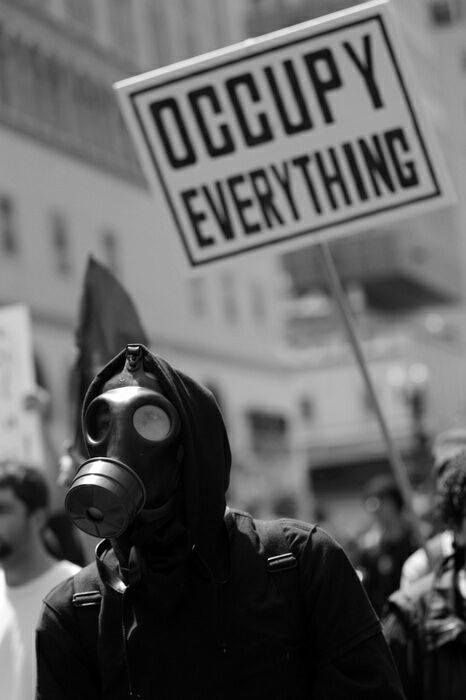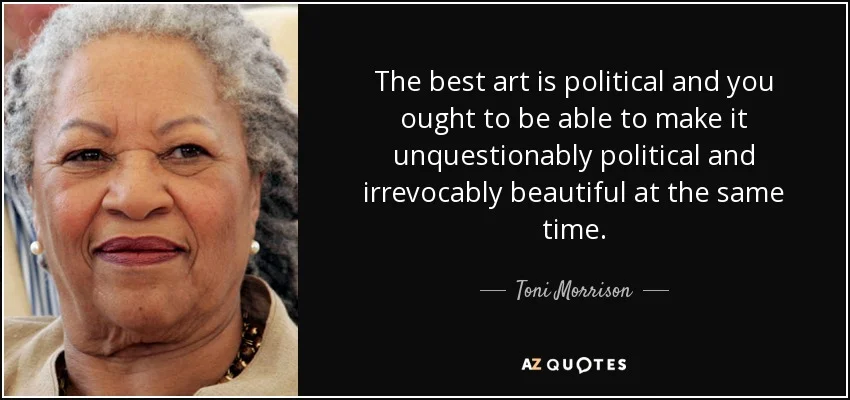Hey Folks! Cutbank’s new Online Team coming at you loud and live(-ish).
Since this is our first Burn Pile post in a while, and a defining moment for us greenhorns, I’d like to take a moment to thank our dear friend Barry Maxwell for his success with the Second Wind Reading and for all his hard work on Cutbank’s Online source. I know it was it was hard work because now I’m doing half of his old job, and some forms of media are just Not. User. Friendly.
AND NOW, an Editorial
When regarding Freedom of the Press, no law may be passed that interferes with the people’s right to assemble, to print the press, or that causes the abridgement of free speech. But here’s the problem with the constitution: it is vague. In this instance, it’s the carefully worded language that “No Law May Be Passed” which leaves wiggle room for all other interested parties. There is nothing to say that a pitched battle cannot be waged over what the “Truth” is, only that our elected officials cannot infringe upon our right to debate and question it. I’m not a legal scholar, and it would take one to navigate the byzantine workings of modern governments. I will say this though: We Need the Press.
Let me back up and bring something into context here, it just came to my attention that the local alternative/Indy Newspaper here in Missoula was just shut down, as in is no longer printing the press. Well it can be hand waved as another arbitrary tide of the Free Market, or I can take this opportunity to state that the Newspaper is a dying industry. I’m a newcomer here to Missoula, so I don’t feel it’s my place to jump right into local Politics, yet if diversity of the press dies—if we, on a national level, lose the option of options, then that does not bode well for the foundational elements of a Democracy.
Plainly put, if our only options were to turn the television and choose between MSNBC, Fox, and CNN (as it is right now), we’re going to trick ourselves into thinking that the world is much smaller than it is. Problem A is that national level news outlets only care about national and international level news, servicing a ratings-based agenda. Problem B? Severe Conflict of interest. Over a year ago, it became a point of water cooler discussion, back where I’m from, about Sinclair Broadcasting Group buying up state and local level television news media. Don’t believe me? Watch this: https://www.youtube.com/watch?v=khbihkeOISc. It’s not quite the Orwellian nightmare of the novel 1984, but I find it alarming, and I hope you do as well. Is that all the problems I see? No, but they are the two-most relevant topics to this flash opinion piece.
What I’m getting at, folks, is that journalists take it upon themselves to go out into the world and question the ethics of the society we are living in. Do they have their own self-interest? Yes, and I would not trust anyone that did not operate in their self-interest. As they protect us from infringement upon our rights, safety, and morality as citizens, so too does a diverse range of reporting protect us from the private interests and agendas of journalists. To perform their functions as moderators and truth seekers, they need our support as consumers of their newspapers, and no, the truth is not something concerned with output we find agreeable to our tastes and philosophies.
The “truth” is about taking a skeptical look around us and asking earnest questions: is what is happening in our best interests as individuals? As a society? Hell, what even is our best interest? That answer comes from having thoughtful discussion, and to do that we need to be an educated and informed population. Do I have a plan to save a fading yet critical industry? No not entirely. But I hope these words get you started thinking about your own local news industry.
We’d love to hear back from the community. If you know of some local writers or journalists who worked with The Indy, send them our way.















